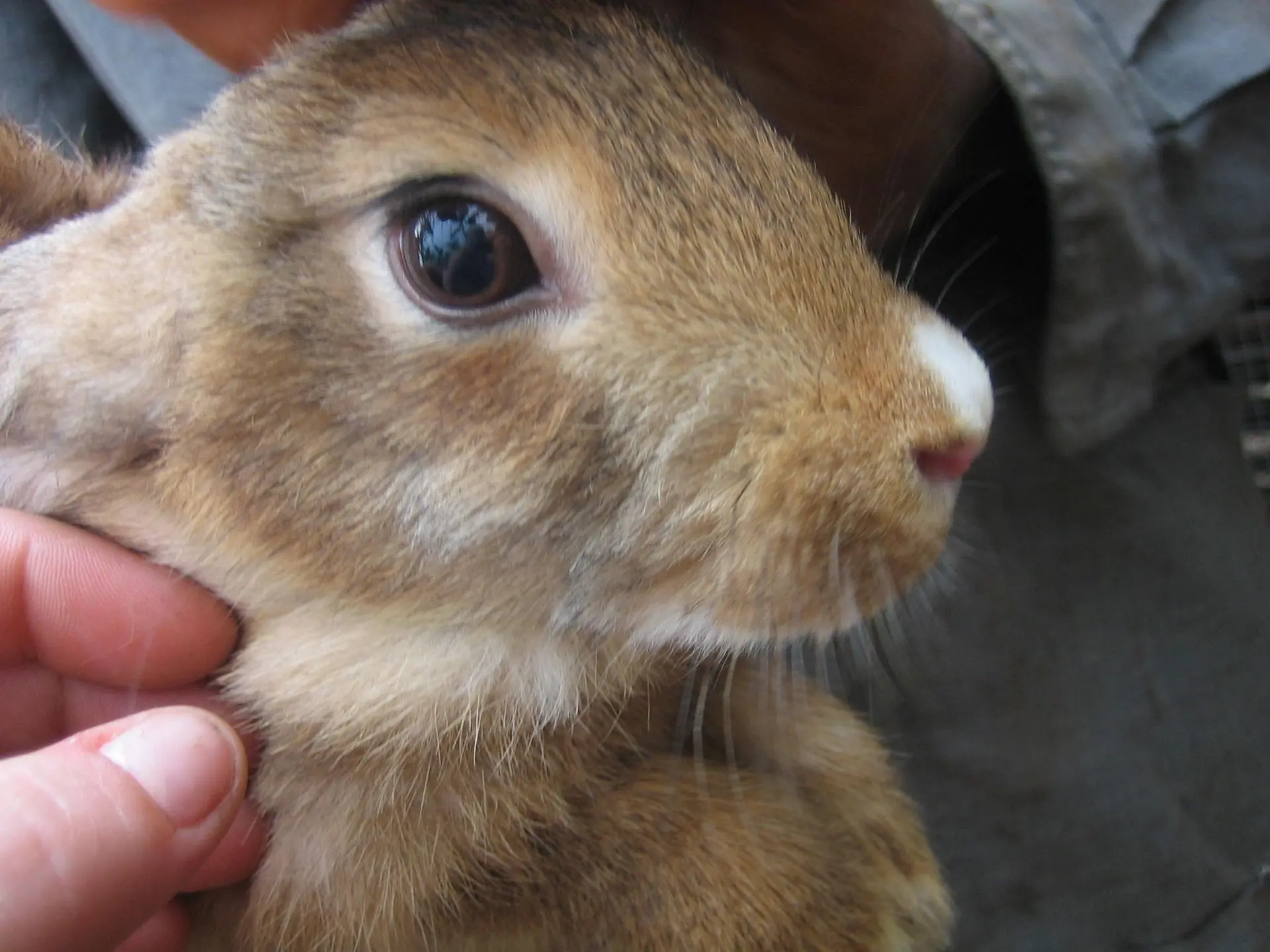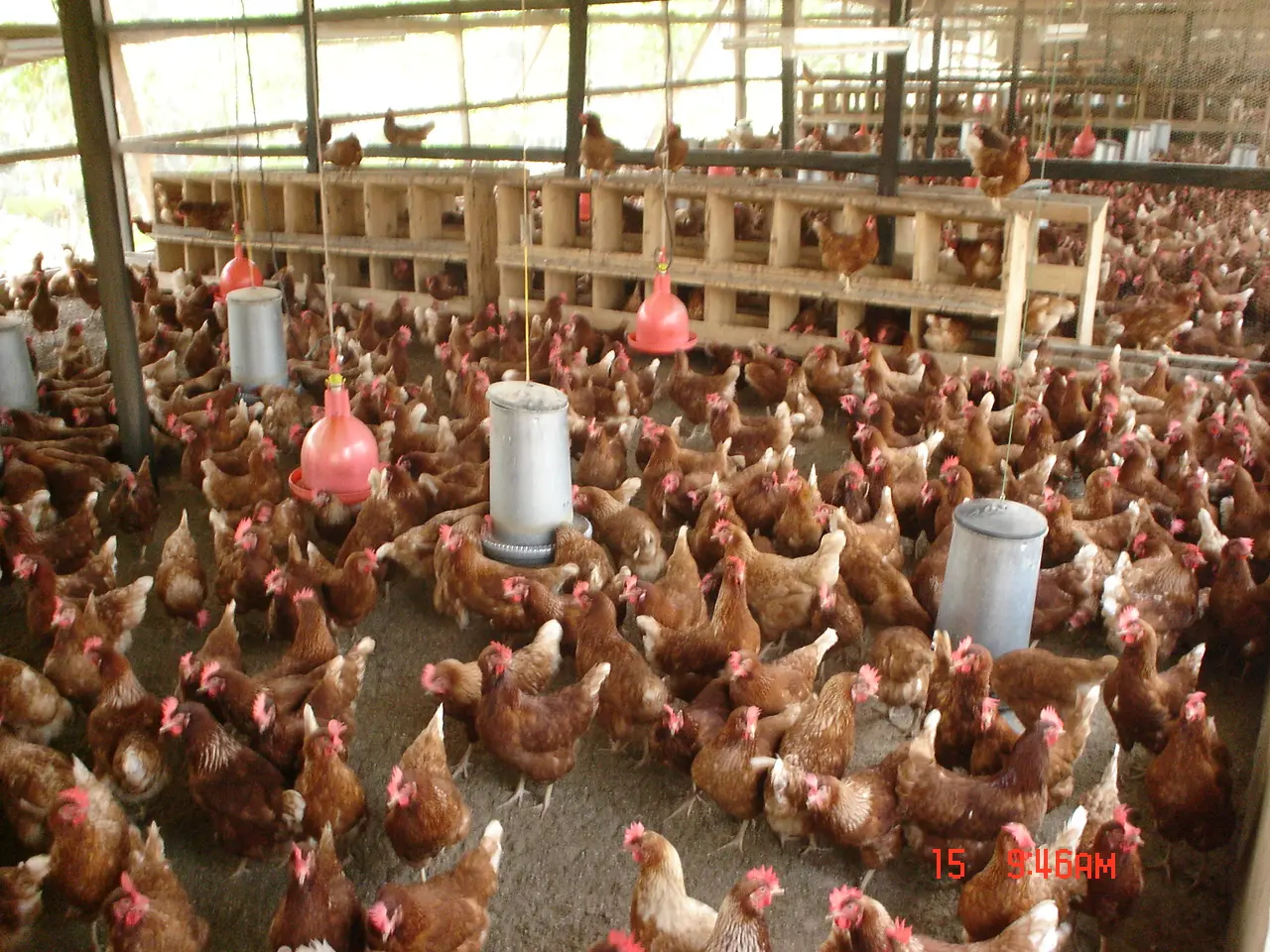Services

Farmers in training
Embik is a privately owned limited liability company with strong social objectives that was registered in January 1997 to formalize the agricultural ventures which some members of the Chibsah family of Old Tafo, Kumasi had started in the late 1980s. The main objective of the company was to offer training avenues to the youth and peasant farmers on a 20 acre farmland at Abrakaso, Agona in the Ashanti region. Initially, the company concentrated on training in exotic vegetable production, rabbit breeding, food crops and livestock production. The company, Embik Ltd, was registered to engage mainly in agricultural production and related activities. The Ministry of Local Government and Rural Development, in the context of a World Bank Rural Development Programme, designated Embik Farms officially as a Learning Centre in 2005 to train the youth in theory and in practice in rabbit breeding and vegetable production. In 2006 and 2007 the British High Commission, Accra and the Ministry of Local Government and Rural Development respectively sponsored Embik Farms to train 25 farmers each in rabbit breeding and vegetable production. Below is a picture of some of the farmers in training.

Bunnies at the Farms
The training was so successfully conducted that in the end it enhanced the production of rabbits on the farm out of which the trained farmers were given rabbits and hutches to start their own farms. However, the project encountered a 3 problem of marketing of over 600 rabbits produced on the farm. Traditionally, the Ashanti region prefers other kinds of meat such as grass cutters in spite of the fact that rabbit meat is considered very healthy. Embik was aware that public education was required to promote marketing of the rabbits but could not obtain any assistance in this respect and could not finance it alone. Scarcity of vegetables during the dry season (October – April) induced Embik to engage in commercial production of dry season vegetables under irrigation in 2010 using River Pratwere on the northern boundary of the farm as a source of water for irrigation. The vegetables encountered unanticipated production problems of insect and bacterial attacks which proved resistant to treatment recommended by specialists. This saw the abrupt end of the rabbit and vegetable projects

Poultry specialist at work
In an effort to diversify production in order to discover a more sustainable activity on the farm, a commercial egg production unit was set up in 2005 with the procurement d 4,000 day old chicks to start a commercial layers project. The project performed impressively at the beginning and showed promising signs until rainstorm destroyed the facilities in 2007. Picture 3 below shows Prince, the poultry expert at work. Working capital for farm operations which we had hoped could come from internally generated funds was becoming a serious problem with the failure of the projects. Sponsorship for training trickled in at a snail pace which could not save the farm in terms of its working capital needs. In search of a more dependable activity to sustain the farm, management established a college with hostel facilities at the farm in 2007 to provide formal teaching and practical training in agriculture for the youth. This, it was hoped, would bring in continuous flow of working capital. By the end of 2009, 15 students had been successfully tutored in National Vocational Training Institute (NVTI) agricultural programme to the National Craftsmanship Certificate (NCC) level. The College unfortunately was also destroyed by rainstorm in 2010.